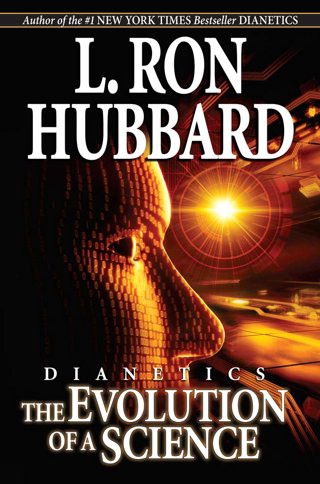The Ultimate Guide To Dianetics
Wiki Article
8 Simple Techniques For Dianetics
Table of ContentsThe 8-Second Trick For DianeticsThe Ultimate Guide To DianeticsSome Ideas on Dianetics You Should KnowThe Ultimate Guide To Dianetics
I could not ever before not wish to get anything that comes to mind for you- if it was otherwise, I wouldn't be sitting below with you, doing this. I not only can never ever have a problem, or otherwise wish to listen to something that enters your mind for you, yet I'm completely anxious to know every idea, every thought, every photo or sensation that arises or shows up for you- do not ever assume otherwise, and if somehow you do, please simply let me know! Often, you might have a thought, and image, concept or case pop up that does not seem to answer the inquiry, or connect to it, yet nonetheless, always do inform me regarding it, and as we continue, the importance will emerge for you.This is inherent in the basis of handling, and the subject of this conversation: the basic roles of the therapist and the customer: The standard duty of the therapist is, unlike "conventional training", not to manage, which implies to implement and/or inhibit, but to rather work from the basis of EMPOWERING THE CLIENT.

Our Dianetics Statements
John Mcmasters shared this fundamental truth splendidly well in among his lectures on Power handling, where he describes just how he was asked what this "unique propensity" was that he had for offering such wonderful sessions; he had to believe regarding that for a moment, and detected that it was what he wasn't doing, in addition to what he was doing: he had not been reviewing, judging, computer, or in fact, generating any ideas, not to mention verbal expressions, after giving the command and while waiting on the computer to finish their response to their contentment; he was, simply and only, being existing with the PC, and totally interested.The role of the therapist, demonstrated; that was his "unique propensity". I have actually had my very own experience which taught me this well, very early on in the game. In 1982, having actually lately completed my training and internship on New Age Dianetics, I was running this on a COMPUTER, and there was a factor in the session where (being a bit damp behind the ears not yet having several hours under my belt as a specialist auditor) the computer appeared to be "taking too long" to reveal anything verbally after I gave him a command.
This key ended up being one of the most valuable contribution that John ever before made to the topic of treatment or bookkeeping (Dianetics). In my simple opinion, it is the biggest contribution that anybody has actually ever before made to Homepage these subjectsthe application is entirely non-judgemental, non-evaluative, and without any type of recommendation, recommendations or opinion.no preconditioned agenda for people, or 'degrees' that they need to do
In Scientology we prided ourselves on not reviewing for individuals. All that really implied was that the auditor did not VERBALLY assess for the Computer in session.
7 Simple Techniques For Dianetics

Anybody who had ever seen John audit could not help but notice a distinct quality in his bookkeeping."The client's standard function is to be find there with the objective of relocating the direction of their spiritual goals, and to easily and completely share and experience whatever manifests for them in responding to the questions and executing the instructions in the processing.
This is something to procedure as required. Additionally, people frequently have prior experience and/or brainwashing in auditing/processing which, in some ways, and to some levels, really misinforms them right into perspectives, ideas and habits patterns that stop the full awareness of these duties, and so they will have a tendency to inhibit the expressing of what comes to mind, as in the instances provided above - Dianetics. * The very first, and possibly leading examples of mis-indoctrination causing less than completely smooth and efficient sessions, can be discovered the original source in specific facets of the training routines, or "TR's":"TR's" are commonly an individual's first, or at least early, experience in Scientology, and while I will go on to discuss what I view as the flaws in principle and practice, however, have a tendency to be greatly healing, done as they are given (Hubbard firmly insists that "TR's are not refining, they are training", however factually, they are both handling AND training)
There is no "flunking", and no rejection of the fact of this being processing. The emphasis, as it needs to be, is on experiencing the various other person's existence.
The Buzz on Dianetics

Report this wiki page